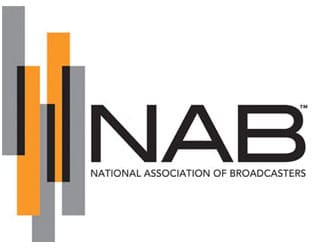Sen. Byron Dorgan (D-ND) and Rep. Ed Markey (D-MA) expressed their astonishment that DOJ decided to approve the merger of competing satellite audio services XM and Sirius, leaving the FCC as the last hurdle before the creation of a government-sanctioned monopoly.
"The Justice Department’s approval of the merger of XM and Sirius satellite radio is another disappointing example of this Administration’s blatant disregard for the public interest with regard to media ownership," said Dorgan. "There seems to be no limit to the mergers this administration will approve. These two companies were issued licenses a decade ago to provide competing national satellite radio service. Their license approval included a clause that prohibits them from merging into one company. Now the Justice Department has decided the contract they signed can’t stand in the way of consolidation. That doesn’t make any sense to me. This merger will eliminate all competition in satellite radio, and it’s the American consumer that will pay the price."
Markey said, "The Bush administration has apparently never seen a telecommunications merger it doesn’t like. Its decision to approve the XM-Sirius merger without conditions is therefore unsurprising. If the FCC, after completing its analysis and consideration of the proposed merger, decides to approve it, I urge the FCC to appropriately condition any such approval to ensure consumer welfare with respect to long-term service plans and pricing as well as equipment compatibility and pricing. In addition, the Commission should take action to ensure that the public interest values of diversity and localism are fulfilled with respect to satellite radio service in a manner consistent with congressional precedent, as Congress and the FCC did with respect to satellite television services."
XM/Sirius can claim the support of some in Congress, like Rick Boucher (D-VA), who said, "The relevant market for competition purposes is the entire marketplace for audio entertainment, including terrestrial radio, Internet radio and Internet-protocol enabled applications. The relevant market clearly includes all of terrestrial radio, as evidenced by repeated statements by leading broadcast companies that they are in competition with satellite radio."
RBR/TVBR observation: Let’s play logic games, or more precisely, illogic games. Local radio competes with the same 18 gazillion old, current and anticipated media outlets as do the satcasters. And it’s unlikely that the same people who listen to CHR also listen to AC, or Urban, or Country, or News, or Smooth Jazz, or Classical, or any other format. So all those separately formatted radio stations, if you think about it, are not at all in competition with one another. And we haven’t even mentioned radio’s battle with all of the internets and their various tubes and virtual pathways. So what’s the problem with letting one company own ALL the radio stations in a market?
The FCC won’t allow more than eight co-owned radio stations in even the largest markets, and less in smaller markets, but DOJ logic may allow 100% ownership anywhere. So it you’re a broadcaster looking to totally wrap up a market, we suggest you bypass the FCC. Forget Kevin Martin. AG Michael Mukasey is the guy you want to get to know.




